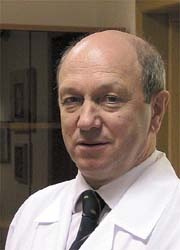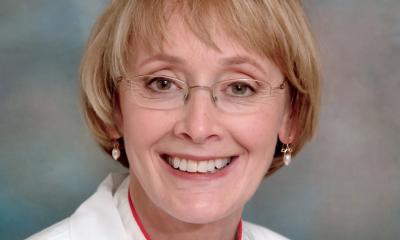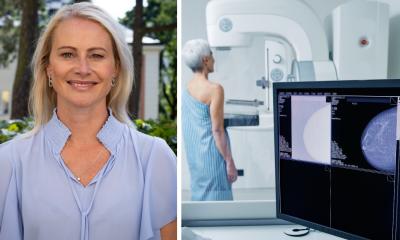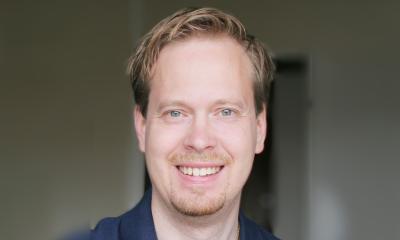Mammography in Russia
Breast cancer morbidity has been the leading oncology disease (21.8%) in Russia since 1996 - and since 1981 in St. Petersburg. In Moscow, the morbidity has increased 52.4% in last 14 years.

Almost 13% of all diagnosed cases are neglected. The low success of treatments is due to unsatisfactory early diagnoses – even though worldwide experience has confirmed the high effectiveness of diagnosis from mammography screening. Some attempts are being made in Russian to realise such programmes.
Professor Georgy Manikhas, Head physician at the St. Petersburg Oncology Centre reports: ‘The level of breast cancer morbidity in St. Petersburg was always the same as in Scandinavian countries. However, following the introduction of a screening programme in Finland, in 1996 our colleagues there published data that showed a 20% decrease in the country’s mortality rate. Their expert recommendations became the basis for the creation of a similar programme in St. Petersburg. With funds from the City Government, we bought 40 ALFA III (Finland) mammography machines and installed them in St. Petersburg’s out-patient clinics. The plan was to examine women aged between 40 and 69 years. Unfortunately, this the project was stopped because there were no funds for patient screening and mammography machines were only used as diagnostic devices, not for screening.
Today, the country’s only mammography screening programme is in Moscow. The recommended number of mammograms per one million women is 12; the real number in Russia is 3.7. As is known, expenses for the examination of one breast cancer case is between US$2-5,000, which was too high a sum for the Russian Public Health Service until recently. The Moscow screening programme began in 2004, after 85 mammography machines were installed in Moscow’s out-patient clinics.
This year, St. Petersburg oncologists asked the City Government to reach concrete decisions to realise a screening programme, and the modernisation of existing city mammography machines was decided. In the next four years, we plan to digitise mammography equipment and connect the mammograms to the shared city computer network. With the main framework in our clinic, the network will hold all the city’s morbidity images and provide flexible management. Unclear or debatable screening results will be evaluated by an expert committee in our clinic. We have only found a similar programme in Tartu, Estonia, but Tartu is, of course, a small town compared with the megalopolis of St. Petersburg.’
Professor Vladimir Semiglazov, Director of Petrov’s Federal Cancer Research Institute, adds: ‘The key concept behind screening is very early stage cancer discovery, so that treatment can change the prognosis and the natural clinical course of the disease. However, breast cancer is a heterogeneous, multi-faceted disease that may influence screening efficacy. To screen the healthy population, test specificity is vital because it means a minimum amount of false-positive results that lead to unjustified biopsies and sometimes to surgery. Cancer progression is a long process and not all stages are irreversible. Possibly, in the future, screening methods will lead to recognition of early molecular-genetic changes, and then more complete screening techniques will be needed. For now, mammography serves as the main element of screening.’
01.03.2008











